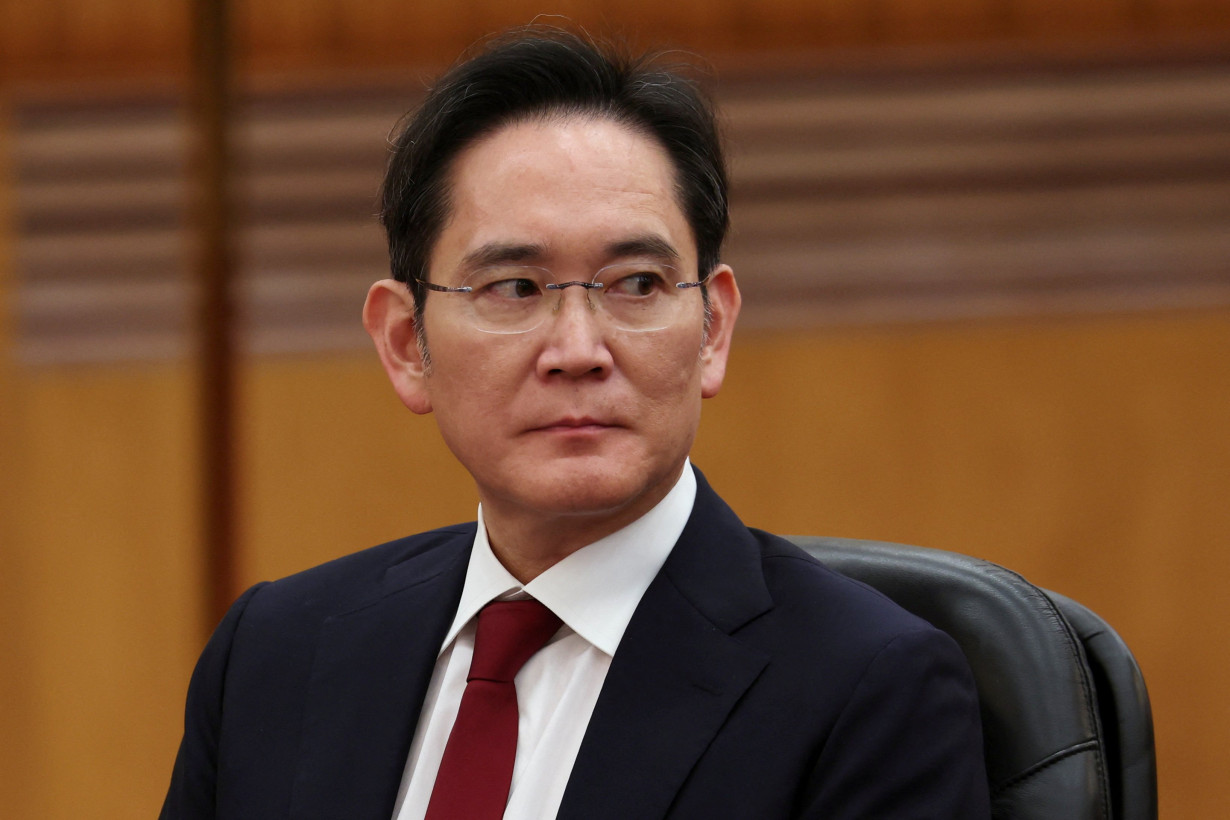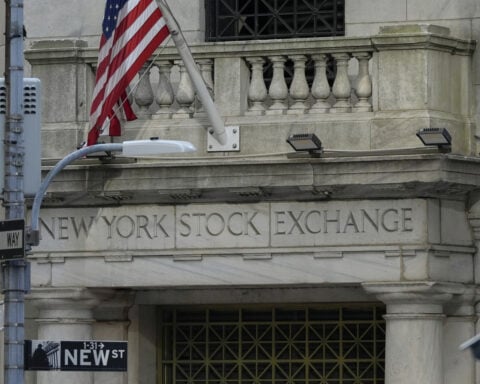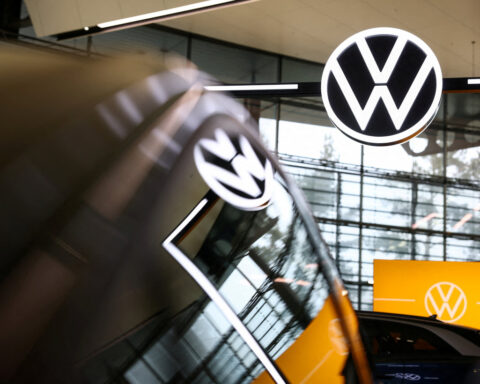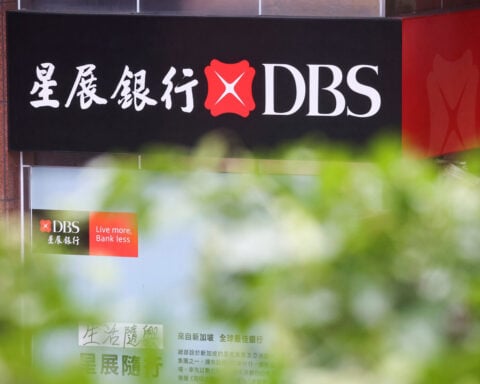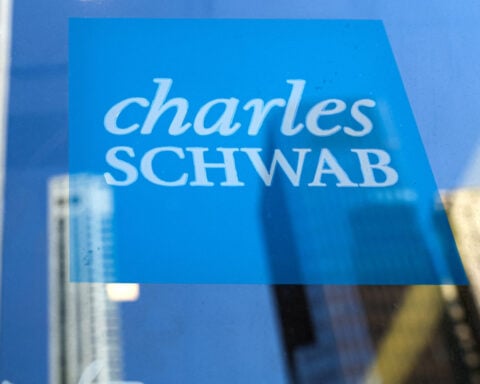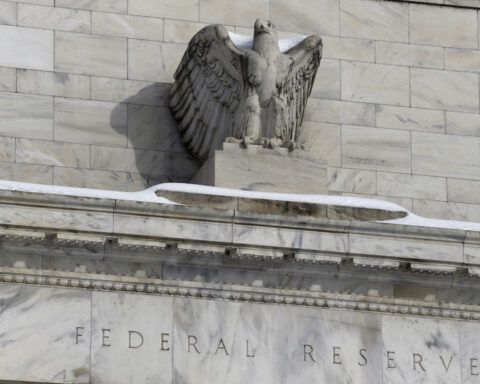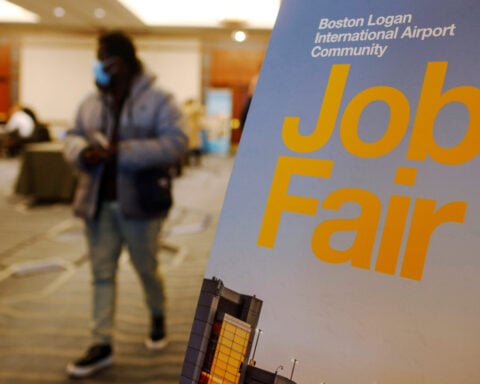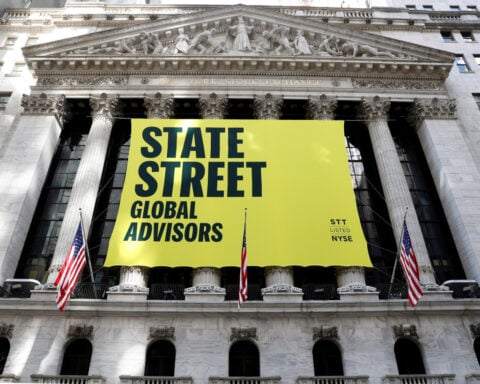By Heekyong Yang, Hyunjoo Jin and Francesco Guarascio
SEOUL/HANOI (Reuters) - When Samsung Electronics chairman Jay Y. Lee met Vietnam's prime minister in July, he had a simple message to convey.
"Vietnam's success is Samsung's success, and Vietnam's development is Samsung's development," Lee told Pham Minh Chinh, pledging long-term investment to make the country its biggest manufacturing base for display products.
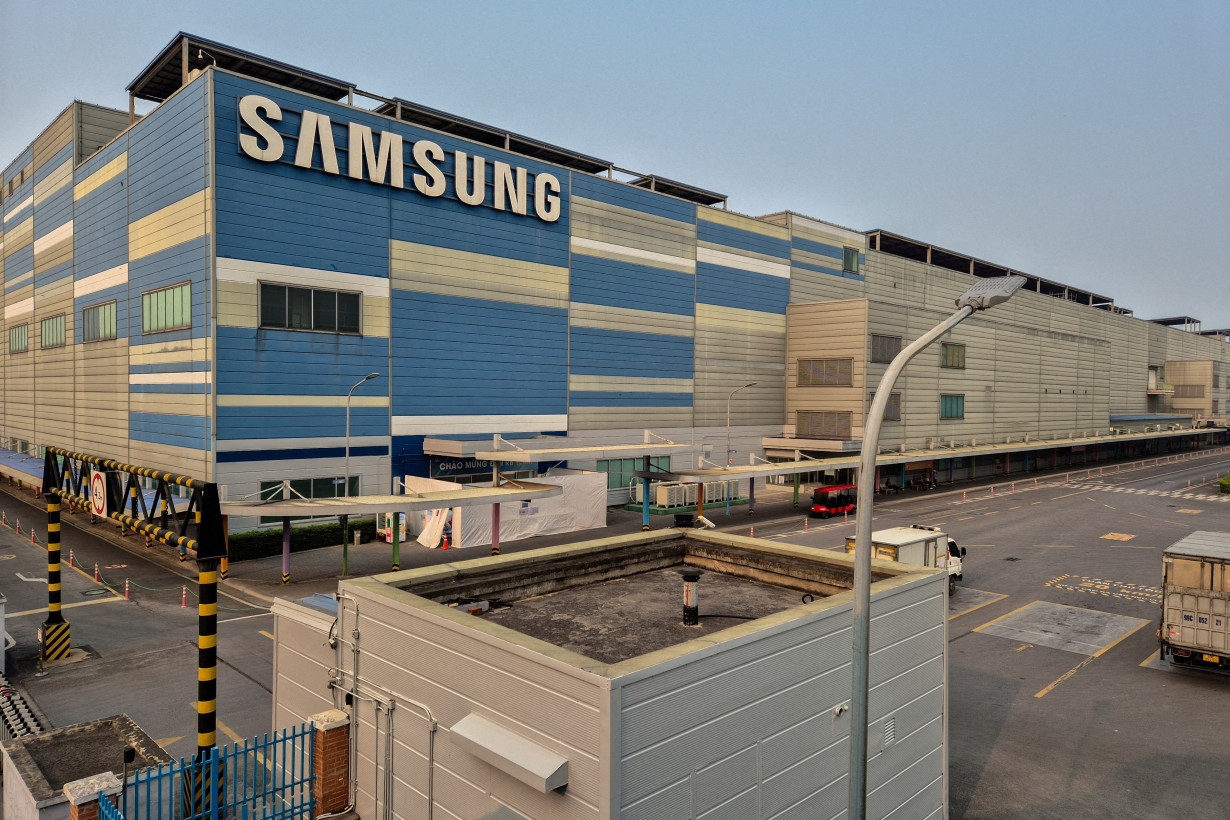
Since the South Korean conglomerate entered Vietnam in 1989, it has poured billions of dollars into expanding its global manufacturing footprint beyond China. Many of its peers followed after U.S. President Donald Trump placed tariffs on Chinese goods in his first term.
The pioneering move has made Samsung Vietnam's biggest foreign investor and exporter.
About 60% of the 220 million phones Samsung sells each year globally are made in Vietnam, and many are destined for the U.S., where Samsung is the No. 2 smartphone vendor, according to research firm Counterpoint.
Now, that reliance on Vietnam threatens to backfire as Hanoi is racing to negotiate with the Trump administration to lower a punishing potential 46% tariff that has exposed the vulnerability of the Southeast Asian country's export model.
While Vietnam and Samsung won a reprieve this week after Trump paused the rate at 10% for 90 days, Reuters interviews with more than a dozen people, including at Samsung and its suppliers, show the company would be a primary victim should higher U.S. tariffs take effect in July.
"Vietnam is where we produce most of our smartphones, but the tariffs (initially) came out much higher than expected for the country, so there's a sense of confusion internally," said a Samsung executive, who like some others was granted anonymity to discuss a sensitive subject.
Even if the two countries reach an agreement, Vietnam's roughly $120 billion trade surplus with the U.S. has put it in the sights of a U.S. administration targeting such imbalances. Hanoi hopes to get the duties reduced to a range of 22% to 28%, if not lower, Reuters has reported.
Amid the uncertainty, Samsung and its suppliers are considering adjusting production, said four people familiar with the matter. That could involve increasing output in India or South Korea, though such steps would be costly and time-consuming, they said.
Samsung declined to comment about how it is navigating the tariff threat. It has said previously it would respond flexibly to U.S. tariffs with its global supply chain and manufacturing footprints.
Vietnam's foreign and industry ministries also didn't reply to requests for comment.
Samsung's rival Apple faces an even bigger challenge at least in the short term, as Trump's tariffs on Chinese imports have increased to 145%. Apple imports around 80% of iPhones sold in the U.S. from China, according to Counterpoint. Apple didn't reply to a request for comment.
LOSING LOW-COST APPEAL
The tariff fear is the latest cloud over the manufacturing landscape in Vietnam, which had become a popular destination for companies looking to diversify amid China-U.S. tensions.
But the boom has contributed to power supply problems. Vietnam has also increased its effective tax rate on large multinationals in line with OECD-led global standards, which some companies complained came without adequate compensation for the loss of earlier tax incentives.
Further, the influx of foreign companies tightened supply of skilled workers and increased wage costs, according to several South Korean firms based in Vietnam. One person described the situation as "very serious".
Mounting pressures could cost Vietnam investment appeal relative to other countries, according to some economists.
"Vietnam's loss could be India's gain," Nomura economists said in a note.
India wants to move quickly on a trade deal with the U.S., a government official said on April 10. The two countries agreed in February to work on the first phase of a deal to be concluded late this year.
Vietnam has already made concessions to the U.S., including increasing imports. It was among the first countries to announce the start of trade talks with the Trump administration after the moratorium on "reciprocal" tariffs.
But foreign manufacturers are nervous.
Ko Tae-yeon, chairman of Korea Chamber of Business in Vietnam, said that initially there was "panic" about Trump's tariffs.
Some had made plans to cut staff at local factories, he said, without specifying. In light of Trump's pause, companies were now in "wait and see mode", added Ko, who is director general of Heesung Electronics, a supplier of LG Display.
Samsung has not made a decision on how to respond to the Vietnam tariffs given Trump's changing approach, but one option is to produce some U.S.-bound smartphone models at its factory in the South Korean city of Gumi, two of the people said.
Four people said Samsung could boost production in India but it would first need to expand its smartphone supply chain there, as India can currently handle only around 20% of Samsung's total output.
BMI Research, a subsidiary of Fitch Solutions, estimates that electronics products account for roughly 45% of Vietnam's exports to the U.S. and major producers like Samsung would likely reduce production in anticipation of a decline in demand.
Samsung also makes TVs, home appliances and device screens in Vietnam. Its exports amounted to around $54 billion last year, around 15% of Vietnam's total, government estimates show.
As Samsung weighs its options, worries are rippling through factory floors.
"I am afraid they may cut everything," said Nguyen Thi Hao, a 39-year-old worker at a Samsung plant in Thai Nguyen, north of Hanoi.
(Reporting by Francesco Guarascio, Khanh Vu, Thinh Nguyen in Hanoi, Hyunjoo Jin, Heekyong Yang in Seoul; Editing by Miyoung Kim and David Crawshaw)

 Trump has begun another trade war. Here's a timeline of how we got here
Trump has begun another trade war. Here's a timeline of how we got here
 Canada's leader laments lost friendship with US in town that sheltered stranded Americans after 9/11
Canada's leader laments lost friendship with US in town that sheltered stranded Americans after 9/11
 Chinese EV giant BYD's fourth-quarter profit leaps 73%
Chinese EV giant BYD's fourth-quarter profit leaps 73%
 You're an American in another land? Prepare to talk about the why and how of Trump 2.0
You're an American in another land? Prepare to talk about the why and how of Trump 2.0
 Chalk talk: Star power, top teams and No. 5 seeds headline the women's March Madness Sweet 16
Chalk talk: Star power, top teams and No. 5 seeds headline the women's March Madness Sweet 16
 Purdue returns to Sweet 16 with 76-62 win over McNeese in March Madness
Purdue returns to Sweet 16 with 76-62 win over McNeese in March Madness
